1. Strawberries and blackberries aren’t berries…
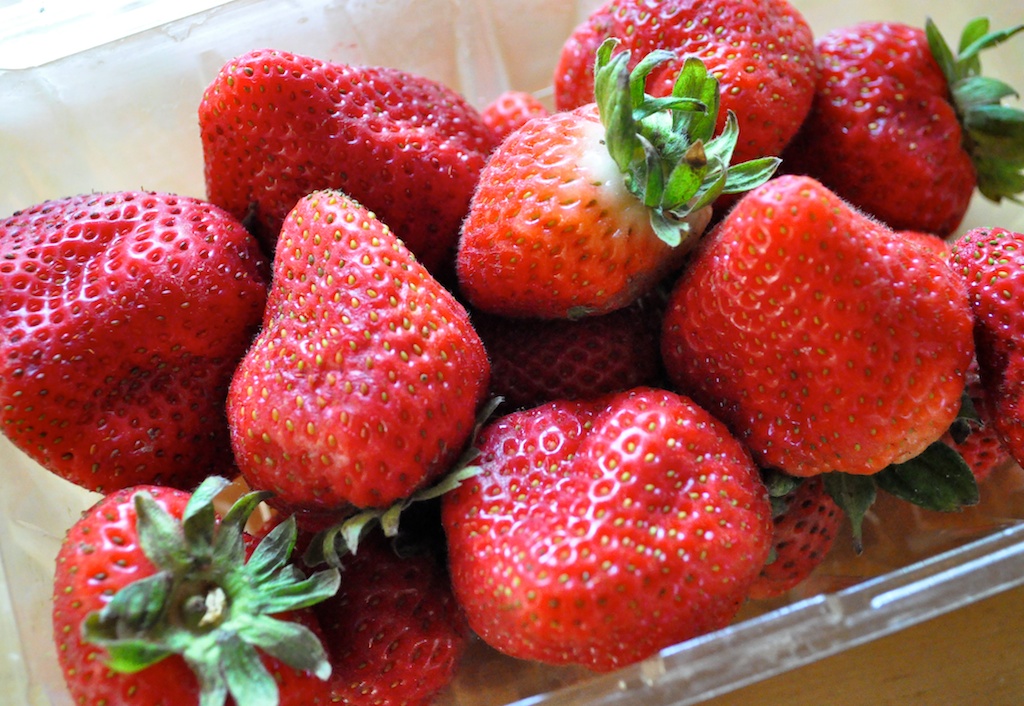
Photo by Michelle Lin
…but bananas are!
Botanically, berries are defined as fleshy fruits produced from a single ovary. Blackberries (and raspberries!) develop from multiple ovaries, making them…well, not berries. Strawberries are technically accessory fruits–the juicy parts develop from non-ovarian tissue. It’s a cruel, cruel world.
2. American eggs are illegal in Europe.
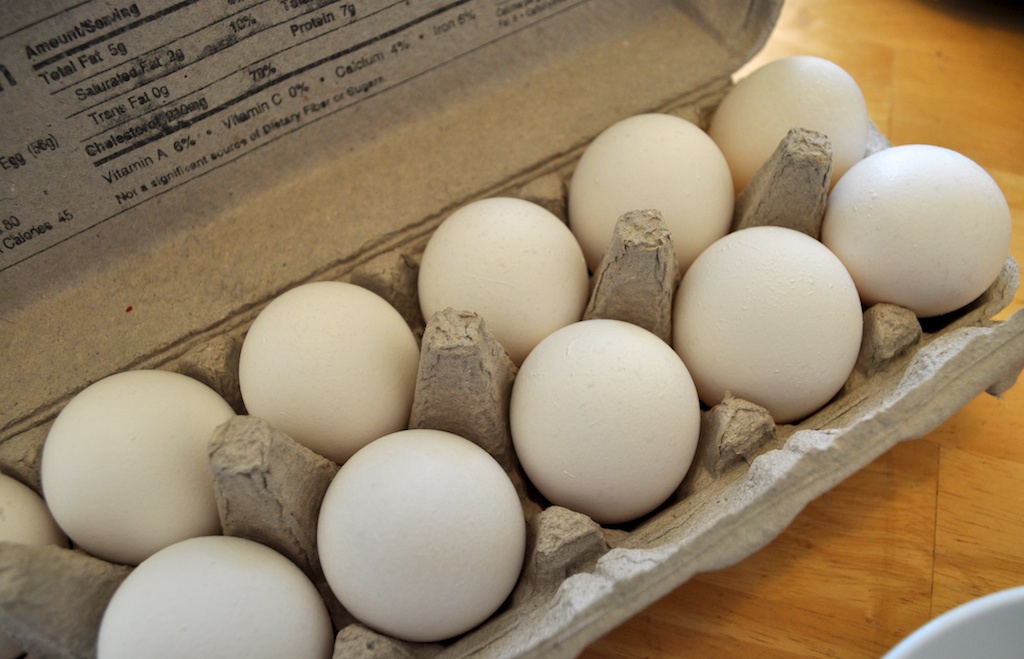
Photo by Michelle Lin
By US federal law, eggs have to be sanitized before they hit supermarket shelves. But the exact opposite is true under European Union regulations, which mandate that eggs can’t be washed at all. Whoa.
3. Coconut water was sometimes used instead of medical saline during World War II.
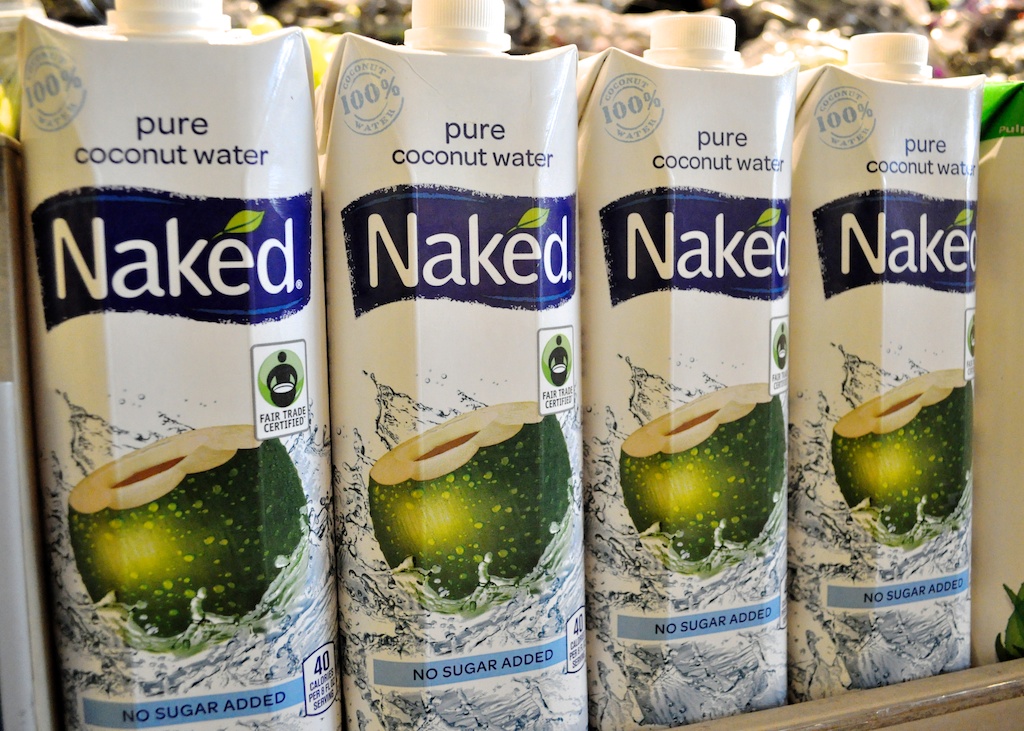
Photo by Michelle Lin
The electrolyte-heavy liquid was injected right into the bloodstream of British and Japanese soldiers. Coconut water IV drip, anyone?
4. The bananas you buy now are completely different from ones sold sixty years ago.
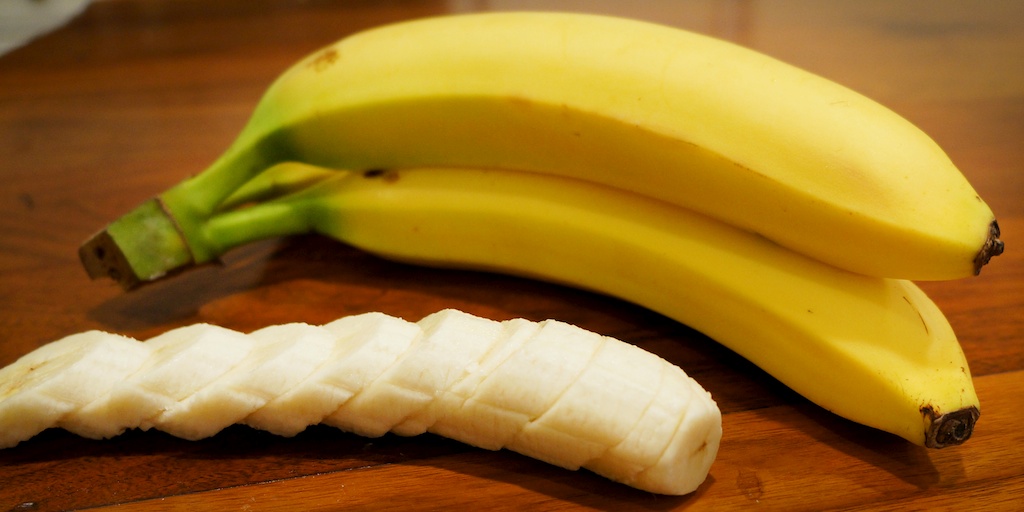
Photo by Meghan Babla
The Gros Michel, or “Big Mike,” banana was almost wiped out by a fungus in the 1950s. The bananas we find for sale today are of the Cavendish variety. Sadly, the Gros Michel was supposed to taste better. Tragedy? You bet.
5. That wasabi by your sushi is really just colored horseradish.
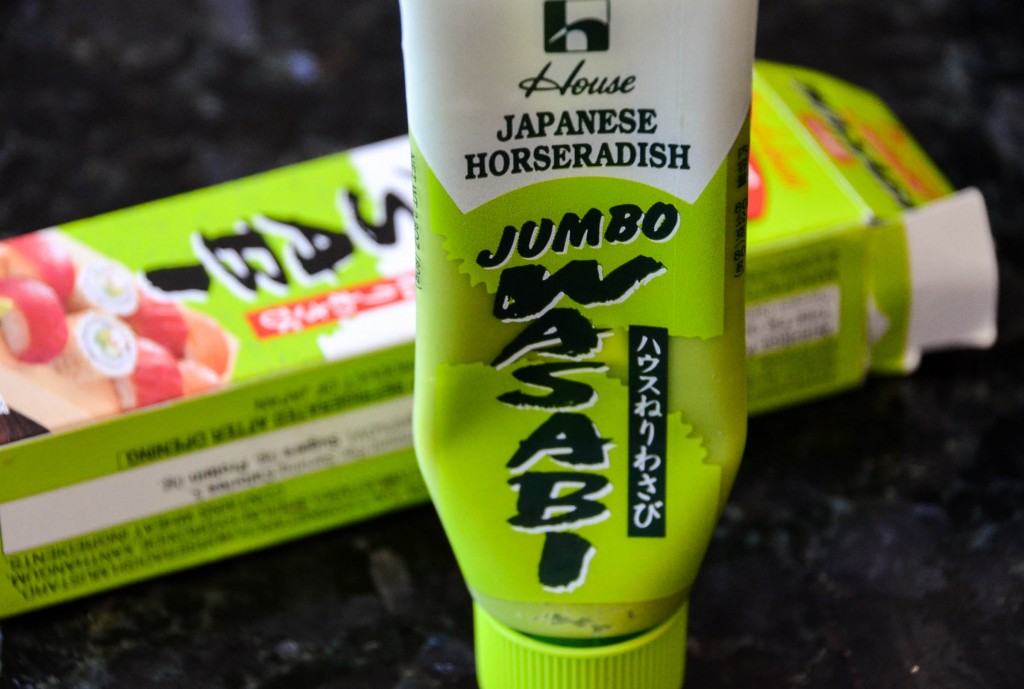
Photo by Jocelyn Hsu
Real wasabi loses its flavor after about fifteen minutes. It also costs about $10 per root.
6. Cucumbers have more water than watermelons do.
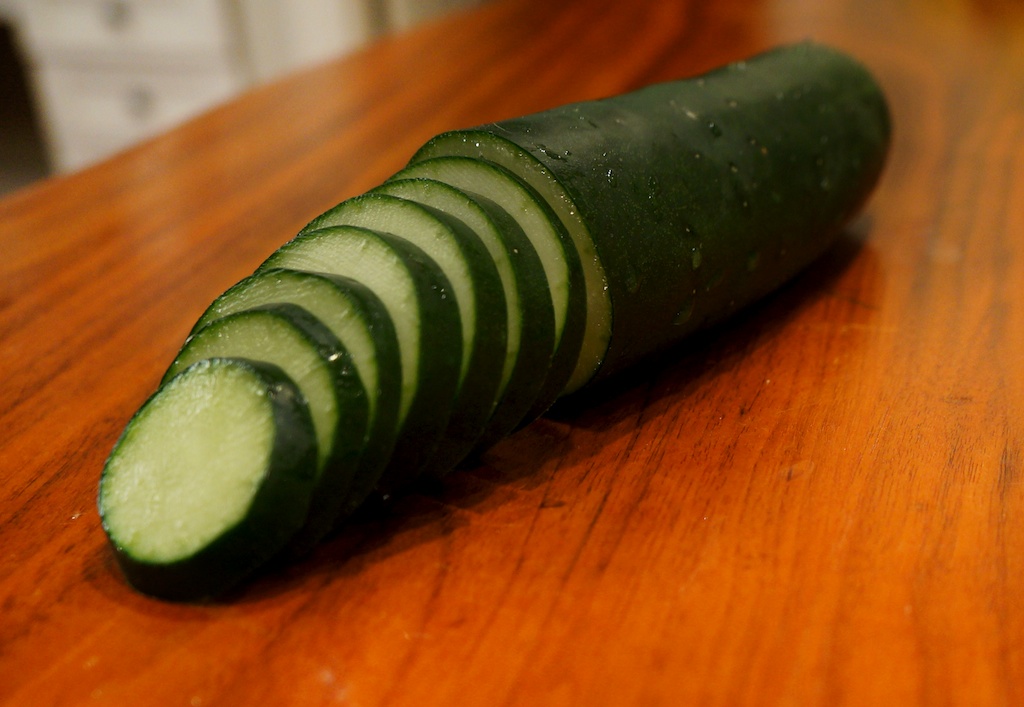
Photo by Meghan Babla
This crunchy vegetable has about 96% water (proportional to its weight). Watermelons clock in at just 92%!
7. Lobster used to be considered a slave food.
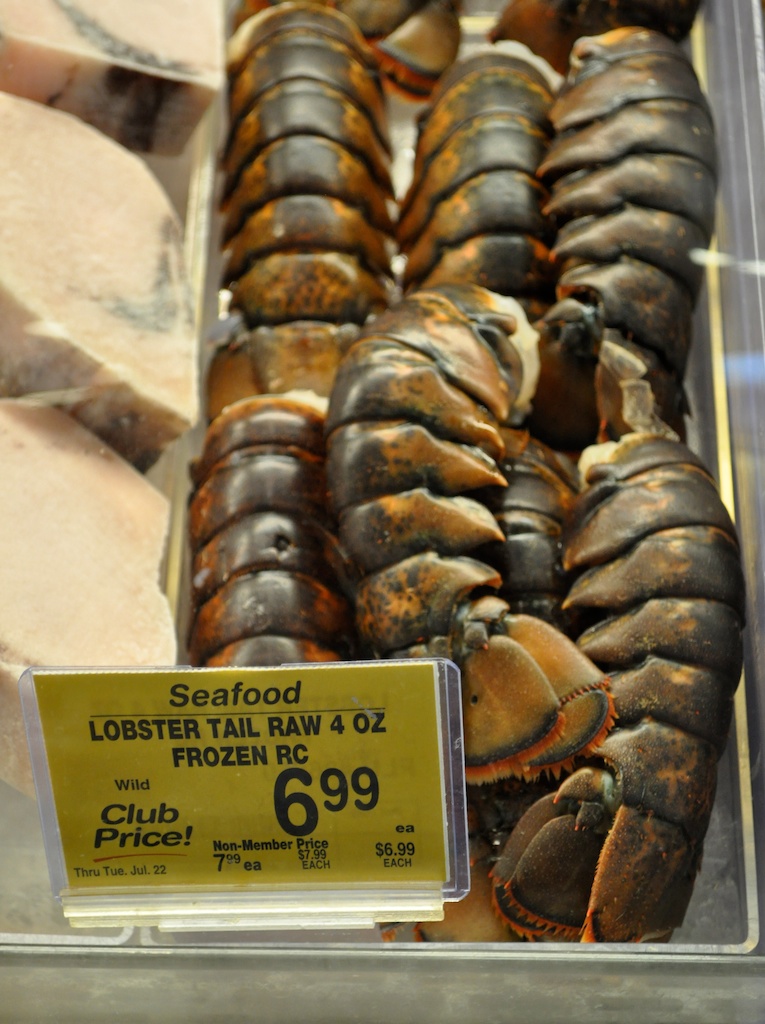
Photo by Michelle Lin
Native Americans and North American colonists used lobsters to bait fishhooks and fertilize their crops. In fact, lobster was considered such an unsightly and low-class food that it was “routinely fed to prisoners, apprentices, slaves and children.”
8. About 70% of imported “extra virgin” olive oil doesn’t meet industry standards.
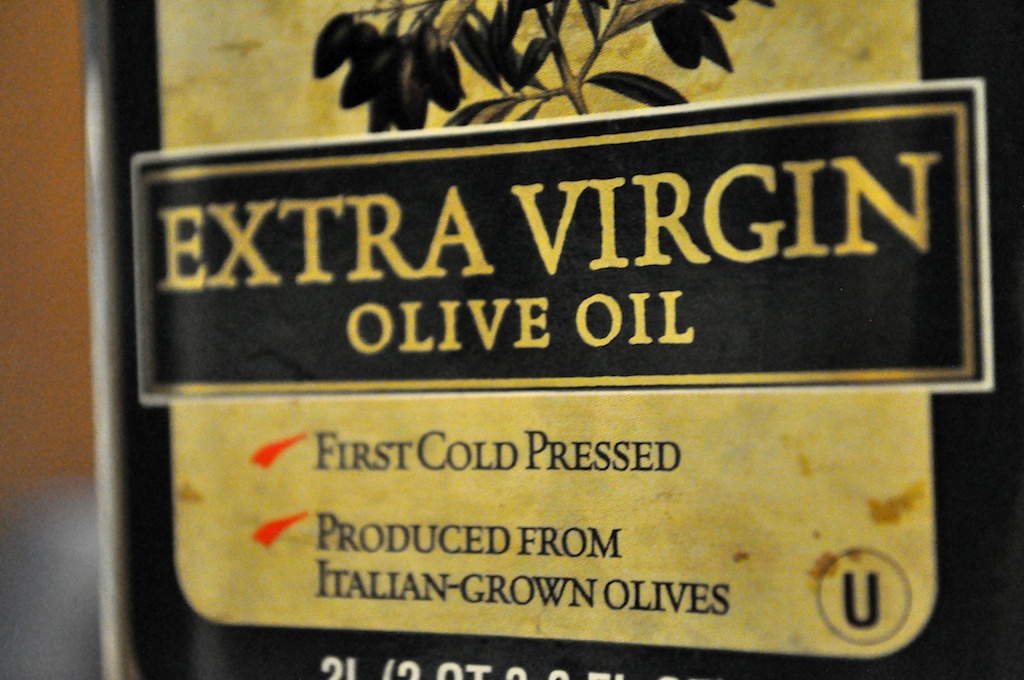
Photo by Michelle Lin
Olive oil fraud has been such a historical problem that the Italian government polices the industry–there’s even a special task force dedicated to it! Might wanna check your EVOO, Rachael Ray.

